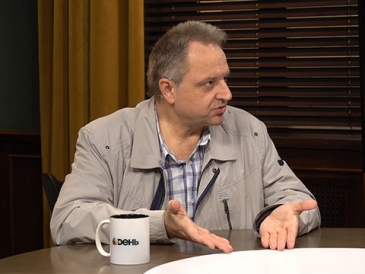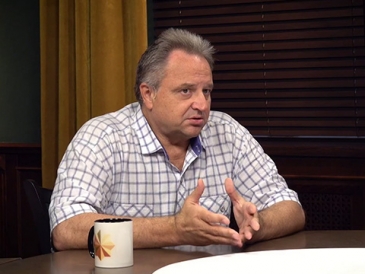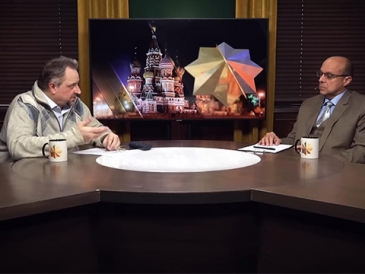В мае 2021 г. на сайте Интернет–журнала «Неэргодическая экономика» размещен рейтинговый продукт сотрудников Центра макроэкономических исследований (ЦМЭИ) Финансового университета при Правительстве Российской Федерации – Рейтинг ведущих экономических журналов России за 2021 год.
Данная работа осуществлена уже в шестой раз после ее начала в 2015 году. Рейтингование ведется по оригинальной авторской методике, которая также раскрыта на сайте Интернет-журнала «Неэргодическая экономика». Важный элемент проводимой работы состоит в том, что используемая методика рейтингования является «живой», то есть каждый год адаптируется к происходящим на рынке изменениям. В нынешней версии рейтинга экспертная оценка сведена к минимуму, а акцент был сделан на успехи отечественных журналов в деле интернационализации, то есть их вхождении на мировой рынок периодических экономических изданий.
Полученные результаты за 2021 год позволили составителям рейтинга констатировать своеобразную революцию на российском сегменте рынка экономических журналов: 25 отечественных изданий имеют международные атрибуты, а 8 журналов вошли во второй квартиль международной базы Scopus, проявив тем самым свою международную конкурентоспособность.
Посмотреть Рейтинг ведущих экономических журналов России – 2021 можно в свободном доступе по адресу: http://nonerg-econ.ru/rdata/104/.








